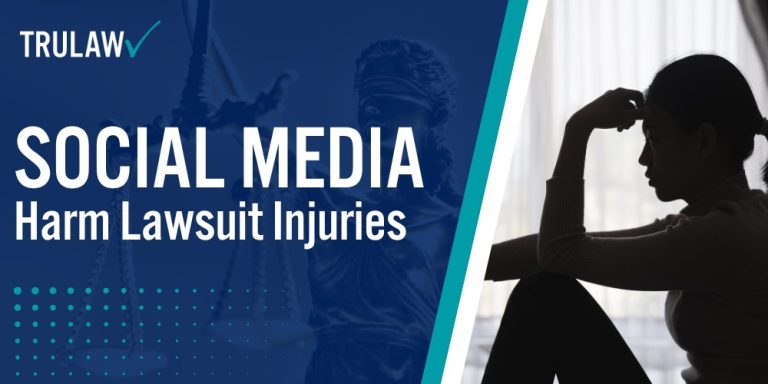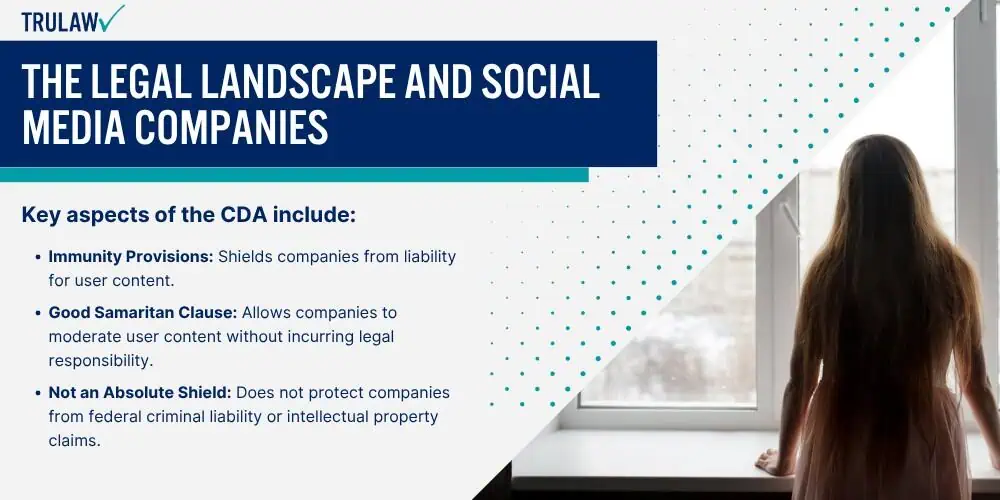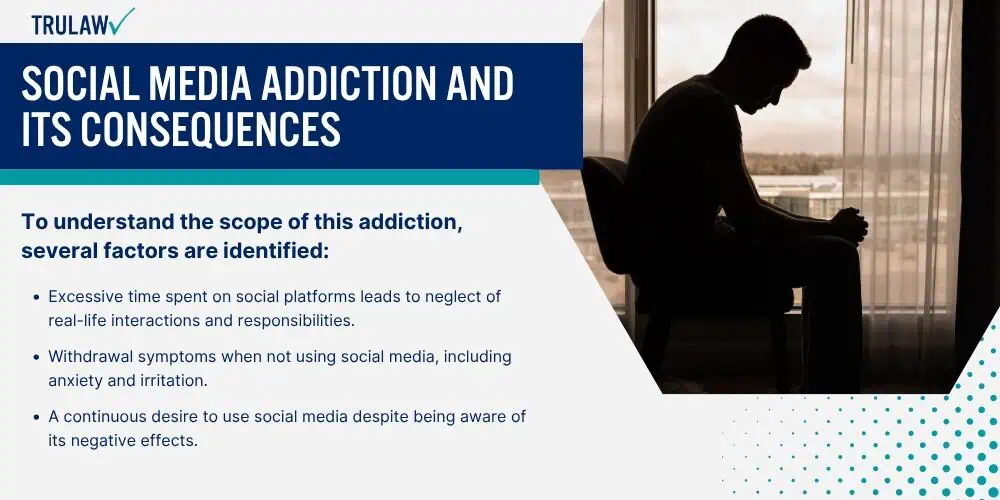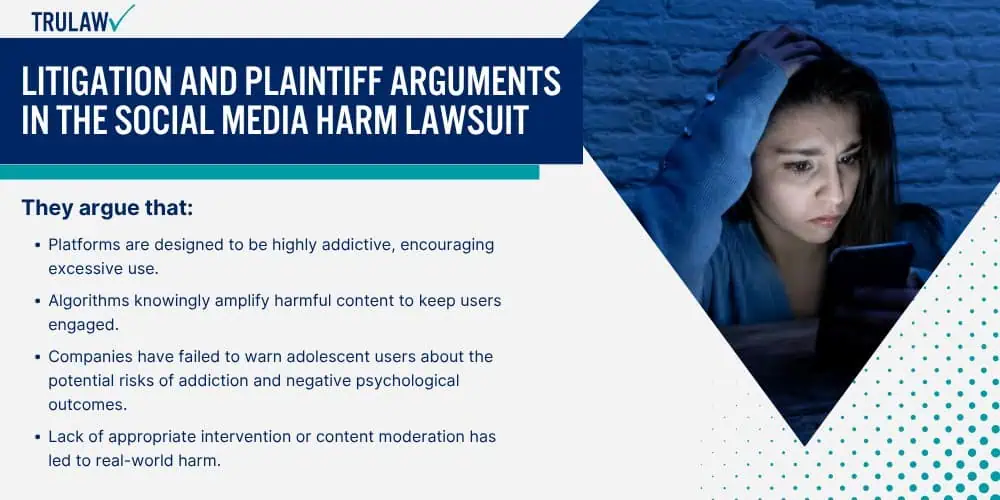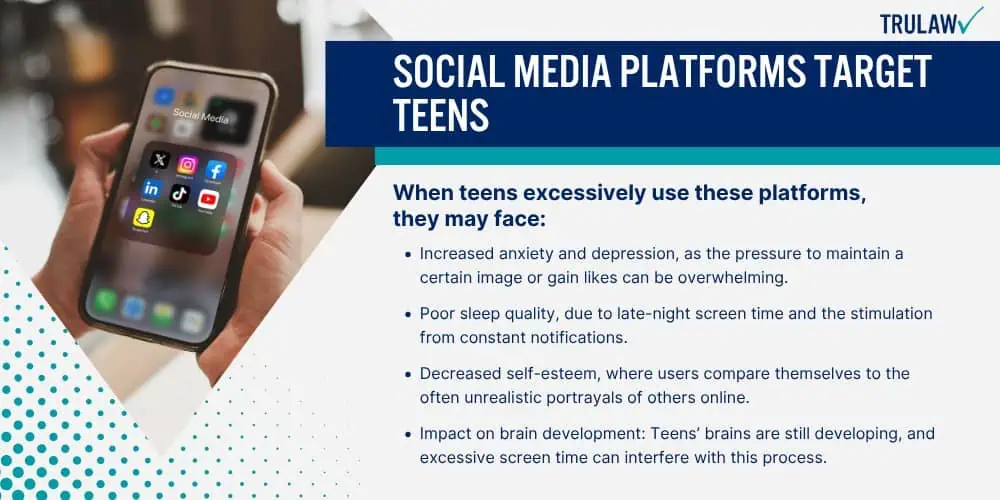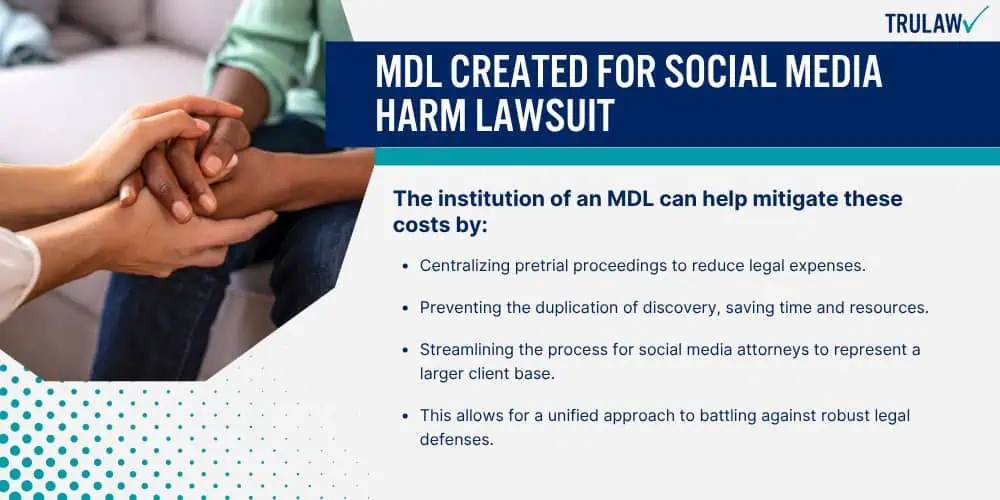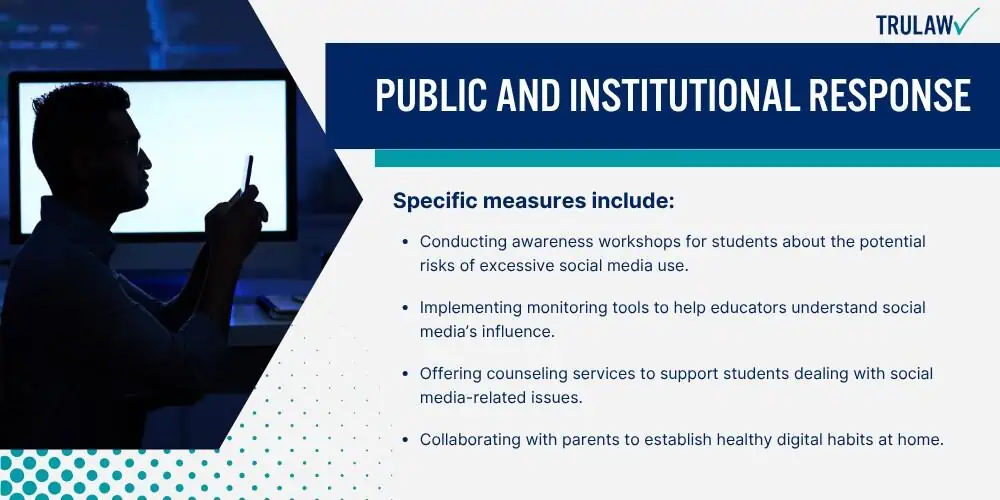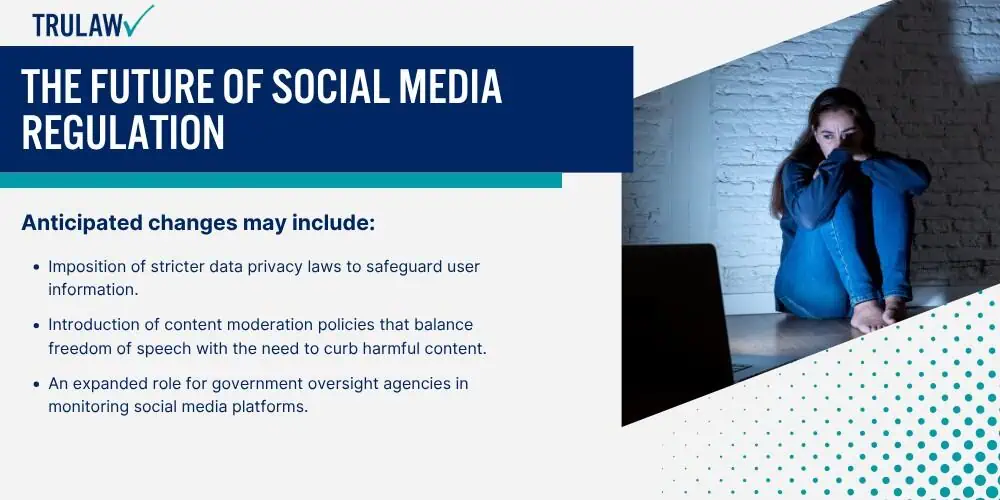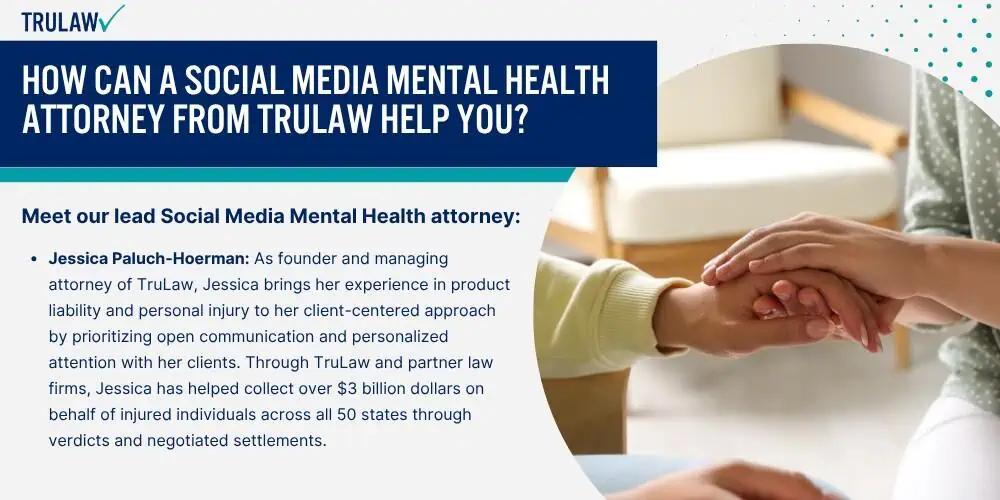Recent lawsuits have spotlighted the alleged role social media platforms play in exacerbating the youth mental health crisis, with claims of mental health deterioration among young users.
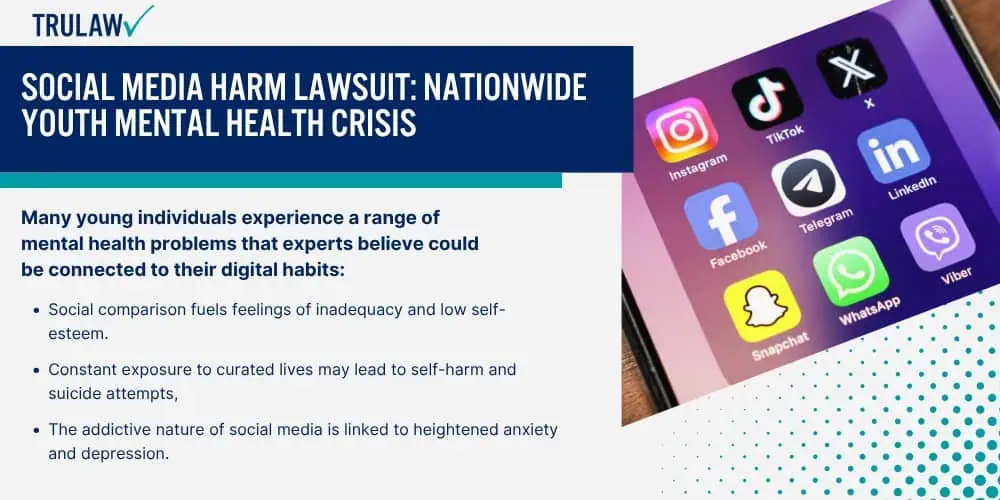
Evidence of Mental Health Decline
The correlation between social media usage and the decline in youth mental health is increasingly coming to light.
Many young individuals experience a range of mental health problems that experts believe could be connected to their digital habits:
- Social comparison fuels feelings of inadequacy and low self-esteem.
- Constant exposure to curated lives may lead to self-harm and suicide attempts,
- The addictive nature of social media is linked to heightened anxiety and depression.
- Notifications and social media “likes” create a feedback loop that can lead to compulsive behavior.
The lawsuits from states, such as those mentioned in the coverage by NPR and AP News, claim that companies have designed platforms that are allegedly deliberately addictive.
Social Media and Body Image
The influence of social media on body image issues is another critical aspect of the current legal social media challenges.
Eating disorders and body dissatisfaction are growing concerns, amplified by the nature of online platforms:
- Social media often presents an unrealistic standard of beauty, leading to a negative body image.
- Eating disorder risks are magnified by the prevalence of content related to dieting and fitness.
- Young users may develop unhealthy eating habits by emulating influencers.
- Cyberbullying around body image on Facebook operations and other social media platforms can contribute to severe mental health issues.
